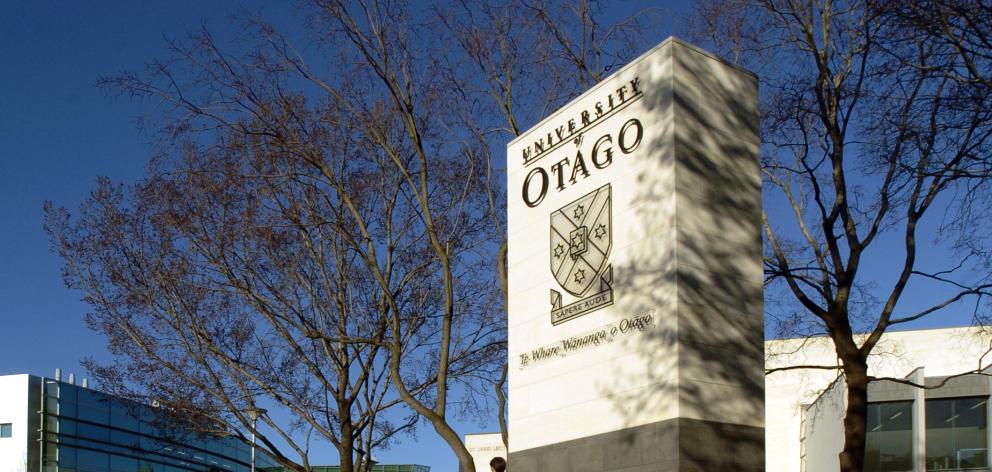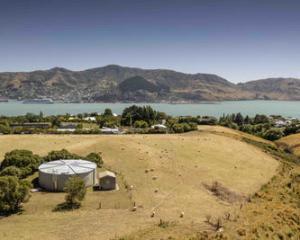
However, the man taking on the university over its admissions process in 2020 will have his identity kept secret until further notice.
A preliminary hearing was held by telephone conference in the High Court at Christchurch yesterday.
Justice Dale Lester suppressed the name of the plaintiff ahead of a hearing, to be held next week, when name suppression will again be considered.
The way the university selects students for its second-year medicine programme has been the subject of debate in recent weeks.
The university's policy is to give priority entry to students from groups underrepresented in New Zealand's health workforce. Caps reflecting their proportion of the population have not been applied to the priority pathways.
University representatives said this week the legal action would include consideration of the priority pathways and whether limits should apply. The university is opposing the legal challenge.
It has not, however, ruled out bringing in caps when its Mirror on Society policy — which aims to boost student numbers from minority groups — is reviewed.
Health sciences pro-vice-chancellor Paul Brunton said a suggestion university leaders had rejected the idea of caps was not correct.
"Discussions remain at an early stage and no decisions on what, if any, proposals may be put forward has yet been determined."
University leaders this week issued a statement emphatically in support of the Mirror on Society policy.
However, a staff member who attended a meeting where she said senior leadership had tried to push through changes to the preferential pathways, was not greatly reassured.
Zoe Bristowe has called on the university to apologise to staff and students to rebuild trust.
"Issues raised by myself and others have been ignored, dismissed or, in my own experience, completely negated through institutional gaslighting," Ms Bristowe said.
Gaslighting is where a power imbalance can lead to a person questioning their own recall of events.
She now felt vulnerable, but spoke up to prevent similar situations from happening in future.
The university disagrees with Ms Bristowe's account.
Asked if the university regretted the way the situation had been handled, Prof Brunton said it "regrets the misunderstandings that have arisen and the upset this has caused".













